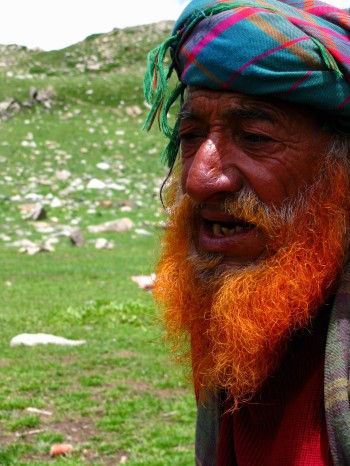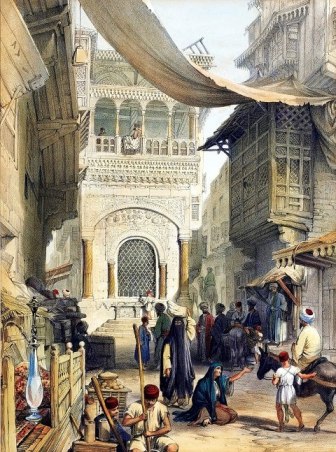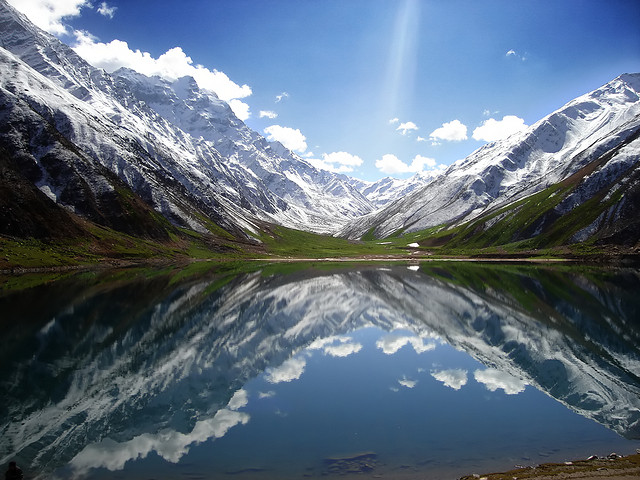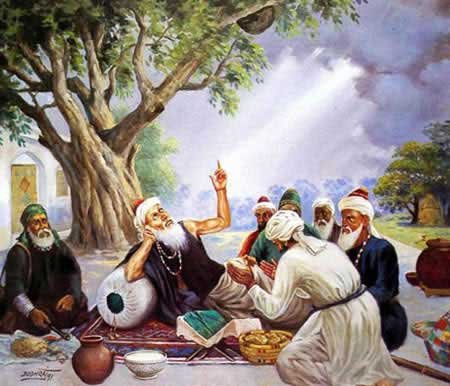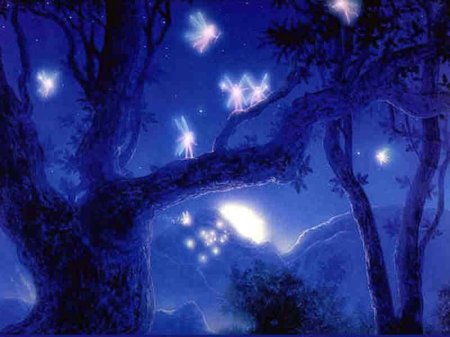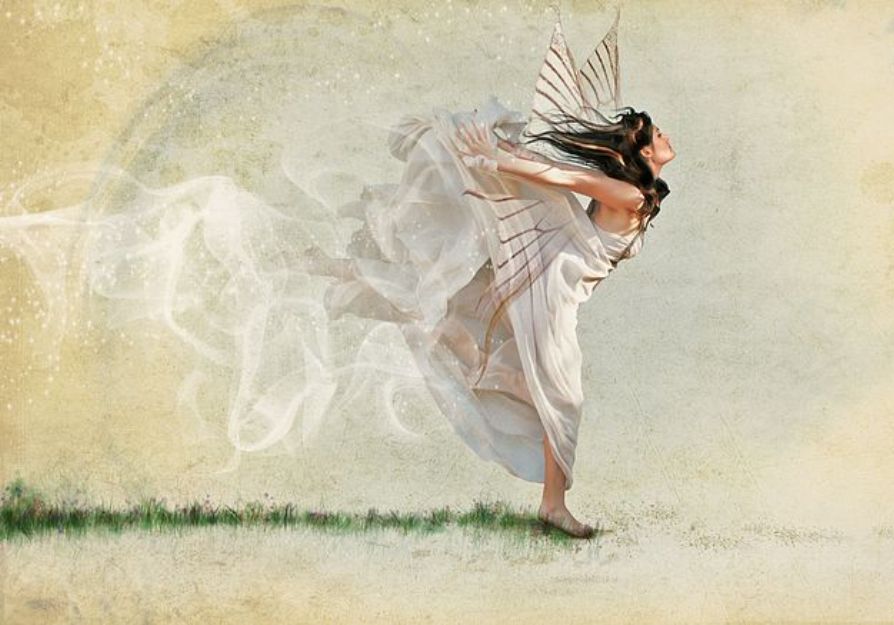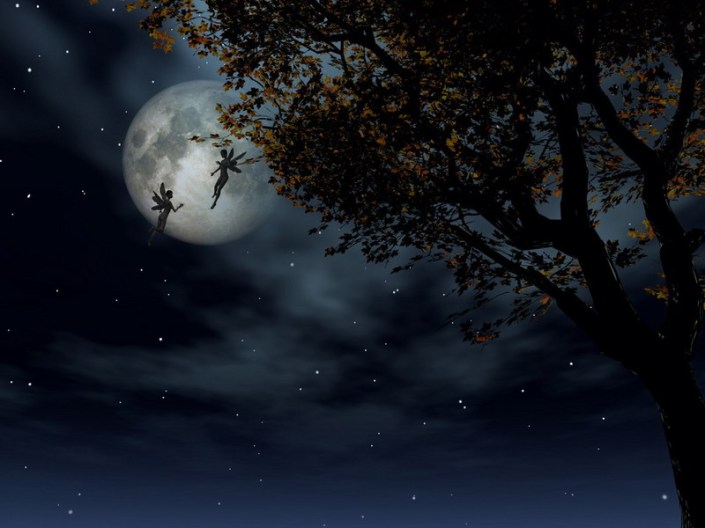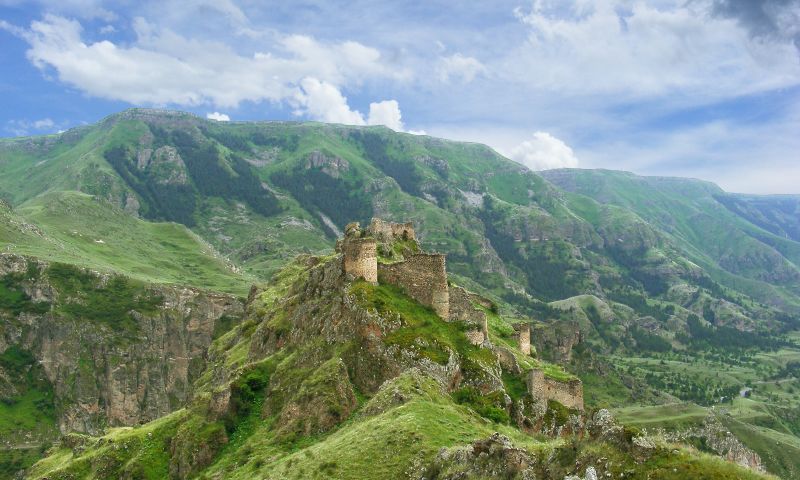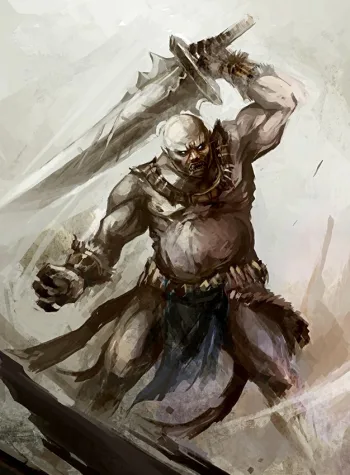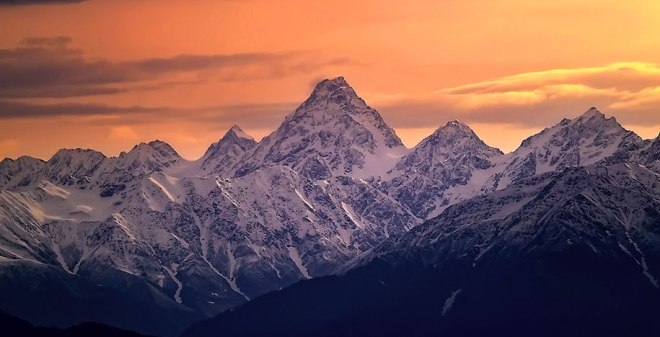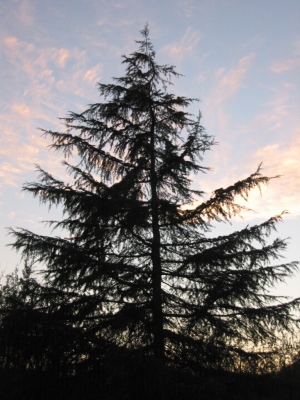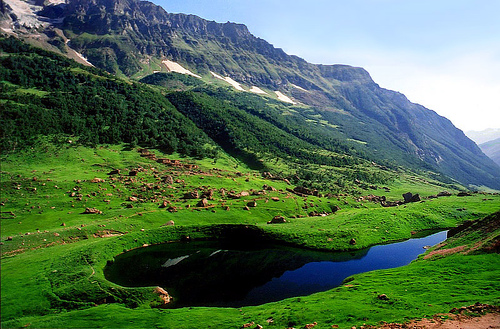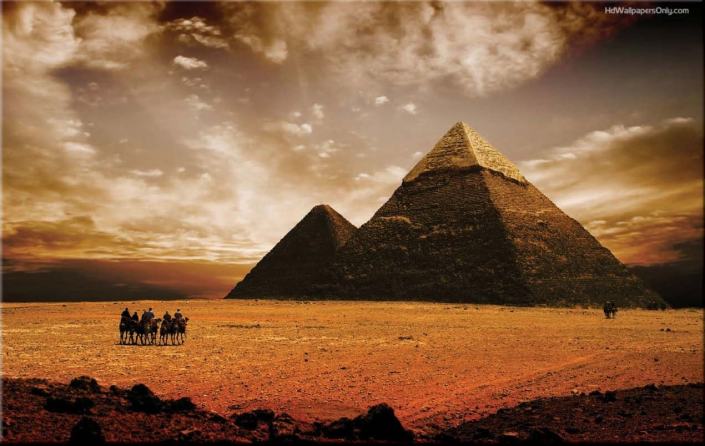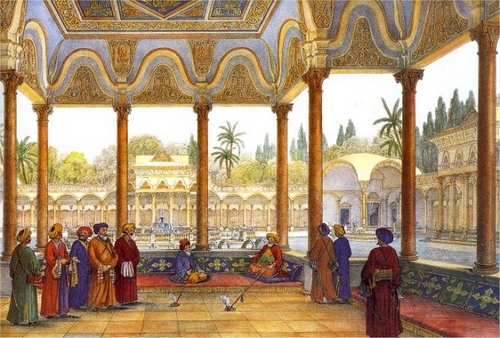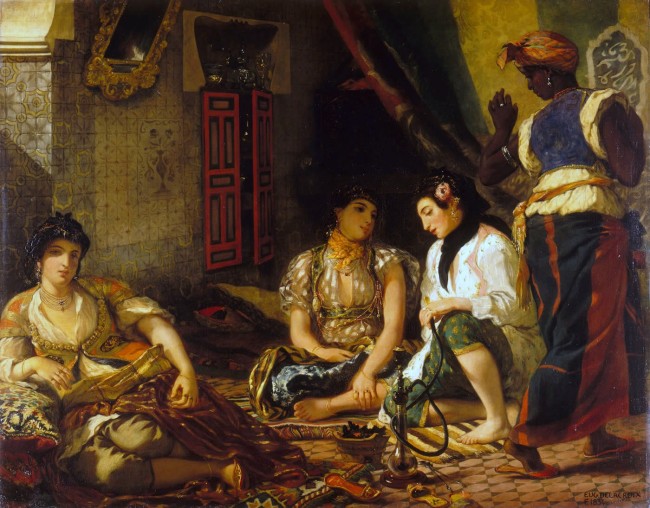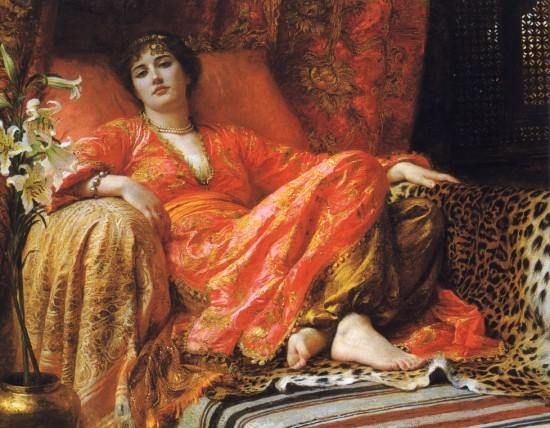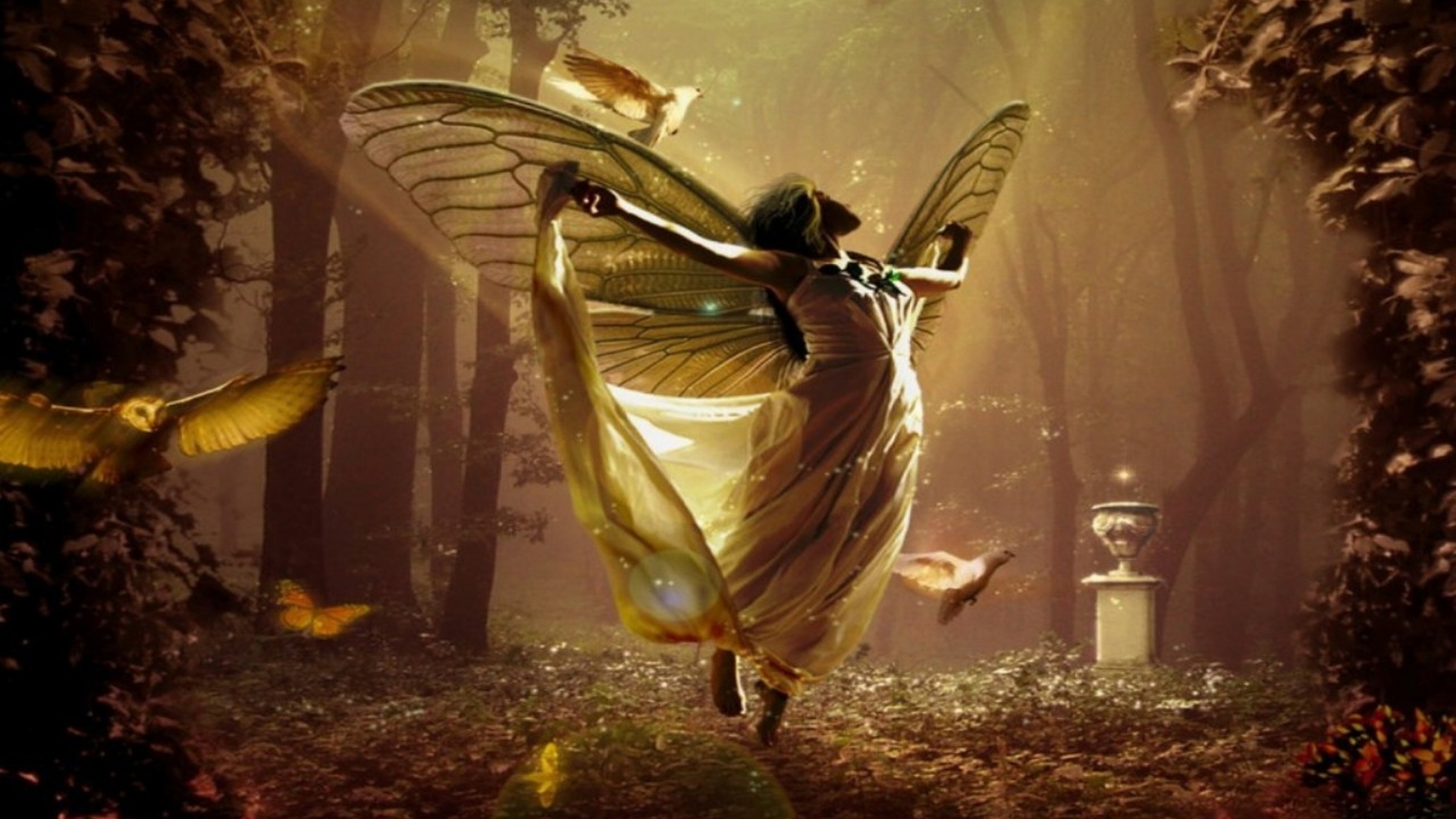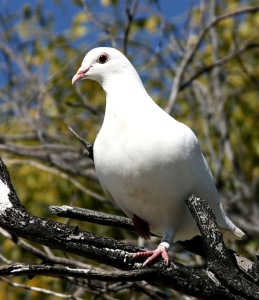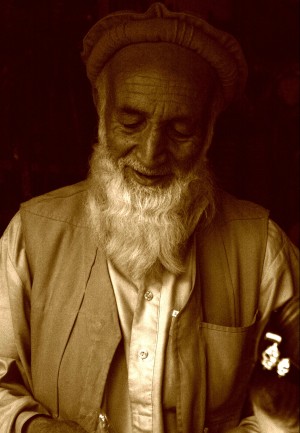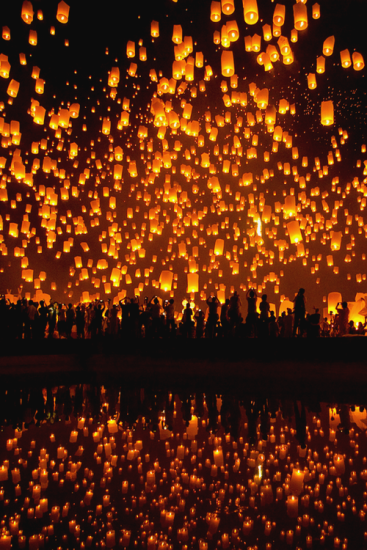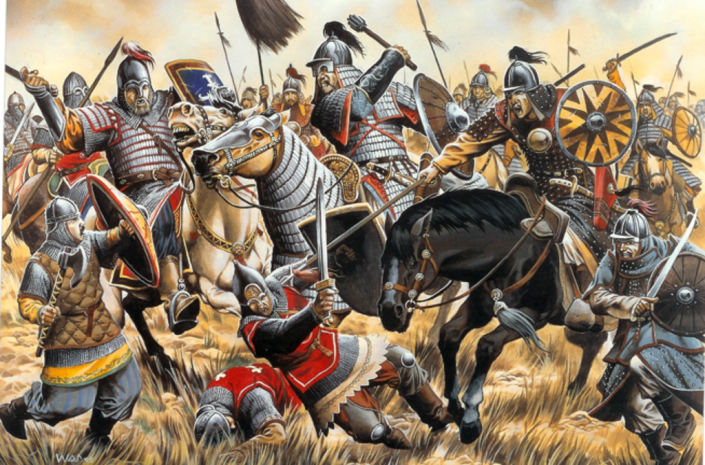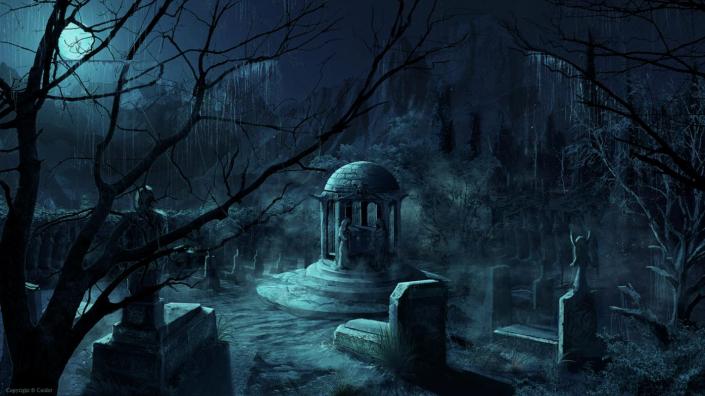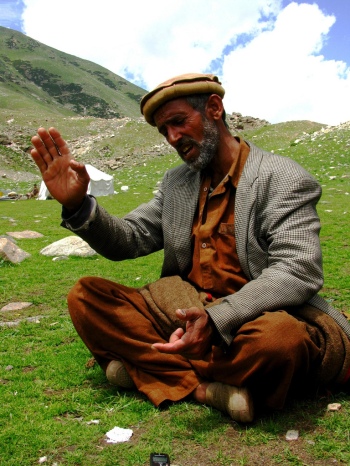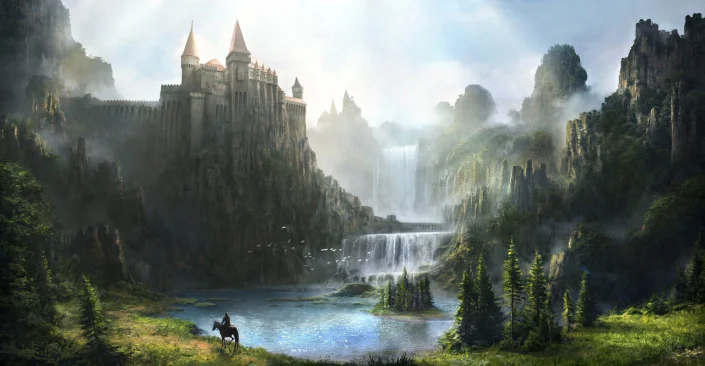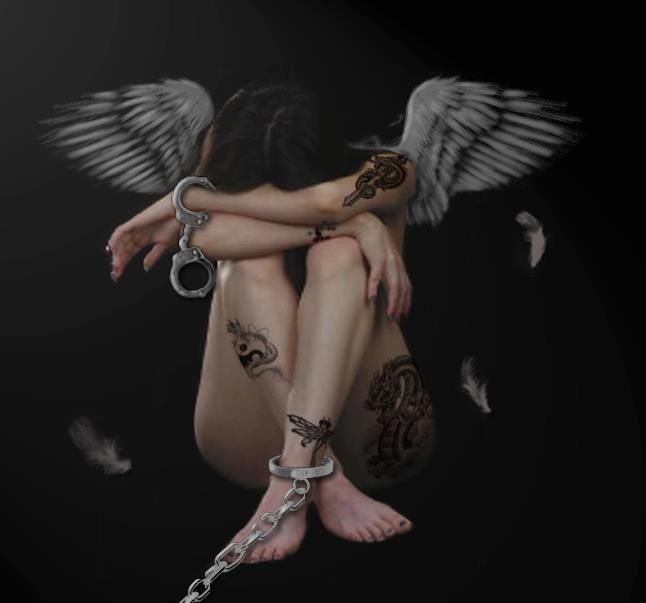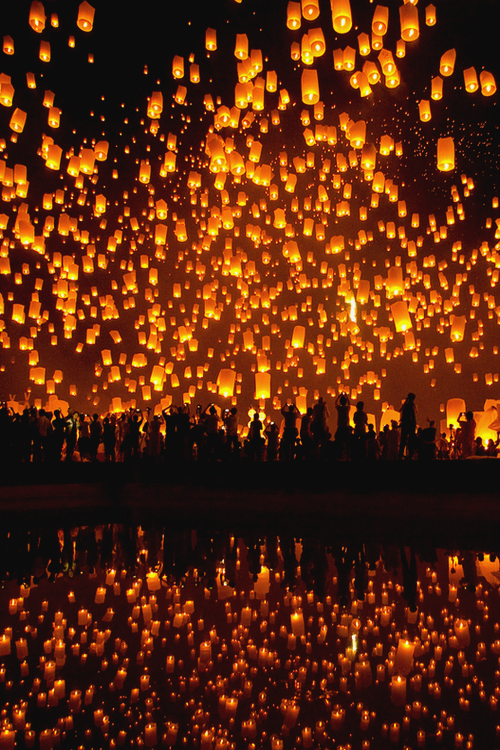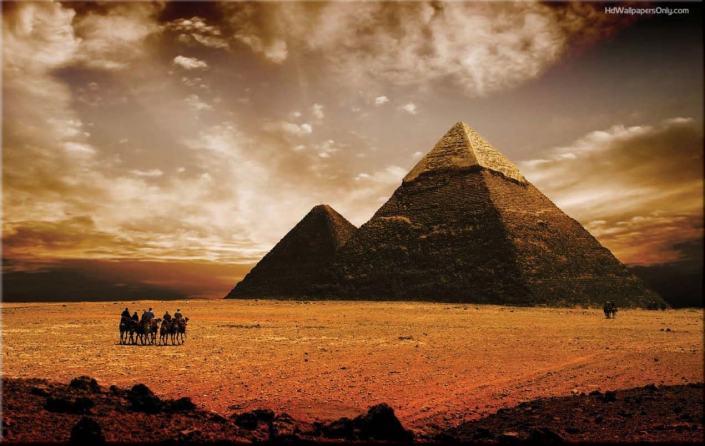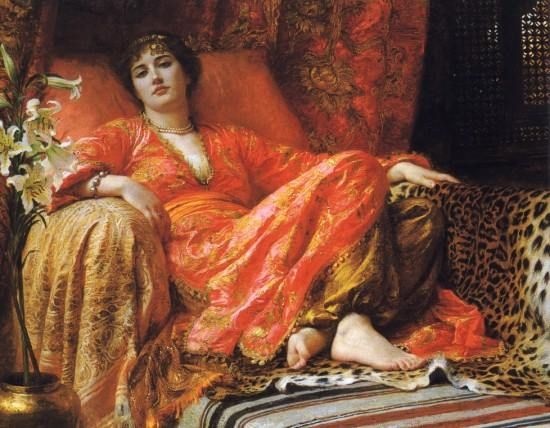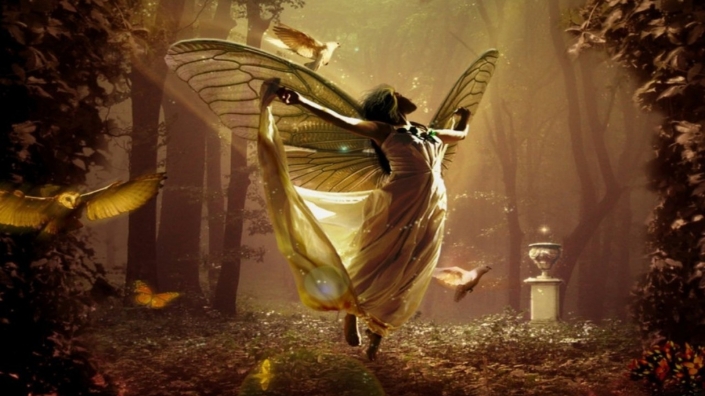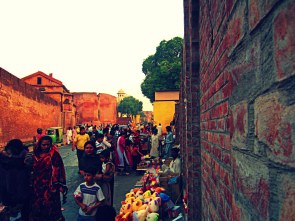Pakistan
The Legend of Saif-ul-Malook Part VI
Lake Saif-ul-Malook, situated at a height 10, 600 feet at the northern tip of the Kaghan Valley in Pakistan’s Himalayas, is one of the most beautiful places on earth. I have been there twice, the first time as a 12-year old and then in 2009, when I determined to capture some of its magic on camera and on paper, in the words of two local storytellers who relate the legend of the Lake to visitors.
It is the story of a prince and a fairy, Saif-ul-Malook and Badr-ul-Jamal – a story of love, adventure, faith, magic, suffering and betrayal – a story of the multitude of human passions.
Many different versions exist, but below is a reproduction of what the storytellers told us, with ample writer’s liberties. I hope you enjoy it!
Read Part I, Part II, Part III, Part IV & Part V of the story
Now, you may wonder, what was Prince Saif up to at the moment Badr Jamal made her escape from the Palace in the shape of a white dove?
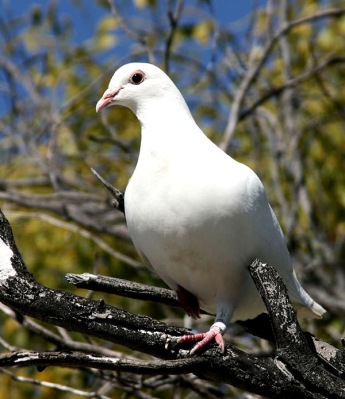
In fact, he was resting beneath the shade of an ebony tree deep in the woodlands of Nubia, after a fruitful but exhausting deer hunt. Eyes half-closed, stretched out on the soft green grass, he was thinking sweet thoughts about his beloved Fairy Queen, when a little white dove came and alighted on a branch above him.
It seemed to Saif that she was the prettiest dove he had ever seen – even though he didn’t consider himself a “bird person” – and he was suddenly possessed by a desire to capture her. “She’d make a nice little pet for my beautiful Badr,” he mused. So, he quietly got to his feet, picked up a net that lay amongst his hunting paraphernalia, and flung it over the bird.
But the net, as if repelled by an invisible force, bounced straight back at him, while the dove sat merrily on her perch untouched. Saif tried a second time to ensnare the bird, then a third, with the same perplexing result.
Then – and Saif could hardly believe his eyes or his ears, though he had witnessed his fair share of fantastic events – the dove turned her soft white head towards the Prince and spoke to him, in voice he could recognize among millions:
“Your attempts to capture me are in vain, Prince Saif. You can never own me. You can never possess me.”
It was Badr Jamal, of course.
“The only way to convince me of your love,” the bird continued, “the only way you will truly earn my love, is if you follow me to Paristan, my homeland. If you succeed in this, if you are able to brave the journey and seek me out in my father’s palace, among my own kind, I promise I will come back with you, as your wife and partner in life. And I will never leave your side till as long as you live.”
With these words, Badr Jamal fluttered her snowy white wings and was off, leaving Saif in a state of utter discombobulation.
On his return to Egypt, one look at his mother’s swollen red eyes and the funereal aspect of the Palace confirmed Saif’s worst suspicions – Badr Jamal, his beloved, the person he cherished more than anything else in the world, the person whom he had struggled to attain for six long, arduous years, was gone.
Saif didn’t want to hear anything. What had happened during his brief absence from the Palace? Why? How? All that was irrelevant now. He knew what he had to do.
“Mother, please tell one of the servants to saddle up a good, strong horse and prepare me a travel bag, with enough provisions to last about a month. I’m leaving right away.”
“But, Saif!” his mother pleaded. “Don’t you see? Badr Jamal doesn’t want to be here! Let her go, Saif. She is happier with her own kind. Please, just forget about her! There is no dearth of beautiful ladies here in Egypt. Think, Saif, destiny has afforded you a second chance at a happy, normal life. Don’t gamble it away for an illusion, for a fantasy, my son! Don’t let this madness get the better of you!”
However, as before, the Queen Mother’s weeping, wailing and emotional threats had no effect on Prince Saif’s resolve. He was an obstinate fellow, and he truly did love Badr. Just as he had found his way to the magical lake in Kaghan Valley, just as he had completed the 40-day penance, the chilla, and escaped from the Ogre and the Flood with Badr in his arms, so he would bring her back from the deepest, darkest dungeons of Paristan if he had to.
“I’m sorry, Mother,” he embraced the Queen one final time before mounting his ride. “But I can’t give up without even trying.” Kicking the horse into a gallop, Saif rode away from the Palace a second time, without looking back.

Now, Prince Saif didn’t really know where Paristan was, or whether it even existed. Legends placed the kingdom of the fairies “east of Egypt”, somewhere on the mountainous border of Persia and India – and the directions stopped there.
So, he travelled east for several months, crossing Sinai, the fabled rivers Tigris and Euphrates of Mesopotamia, the Great Salt Desert of Persia, the Snowy Mountains of Afghanistan, stopping time to time at some shepherd’s hut or sarai, a highway inn, to rest and refresh his supplies.
Many times he cursed himself for forgetting to carry his Sulemani topi, the magic cap bequeathed to him by the old buzurg during his first quest, which had the power to transport its wearer to any place on earth in the twinkling of an eye.
“I suppose I’m not allowed any shortcuts this time,” he grumbled.
At length, Saif reached Peshawar, or Purushapura, as it was known then, the bustling western capital of the Kushan Empire, gateway to the Indian subcontinent. Merchants from all corners of the Silk Route thronged its narrow streets, hawking their varied wares in loud voices – silk, cashmere, cotton, spices, dry fruit, wine, carpets, woodwork, decorative objects of marble, ivory and jade, gemstones, weapons, secrets and stories – there was nothing you could not find in the legendary markets of Purushapura.
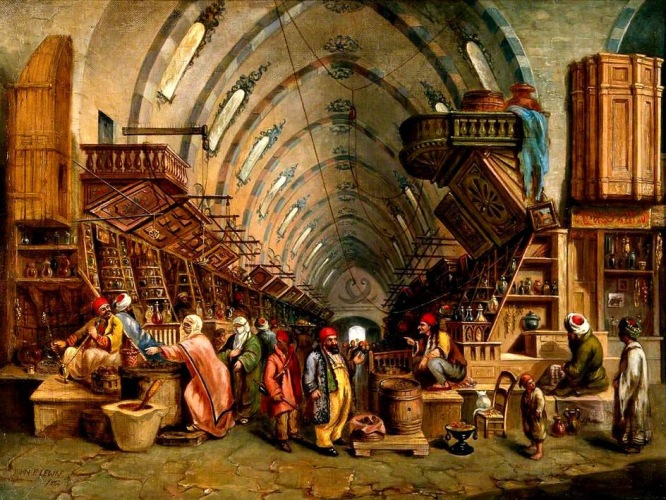
Meandering through the bazaar while his horse rested in the city’s stables, Prince Saif stopped at a chai khana, a tea shop, for a cup of the traditional Peshawari kahwa, hot green tea sweetened with honey or sugar and spiced with cardamom. Looking around the crowded little shop for a place to sit, he spotted an empty stool next to an old man with a flowing white beard, who sat calmly sipping his tea and fingering a rosary.
Prince Saif walked up to the old man, saluted him with a respectful bow, and said, “Venerable sir, would you be so kind as to allow this weary traveller to seat himself beside you?”
The old man looked up at Saif. Their eyes met, and Saif had the sensation that he knew him from somewhere; that this was not a chance encounter. “My son!” the old man smiled, eyes crinkling at the corners. “Please, it would be my honor.
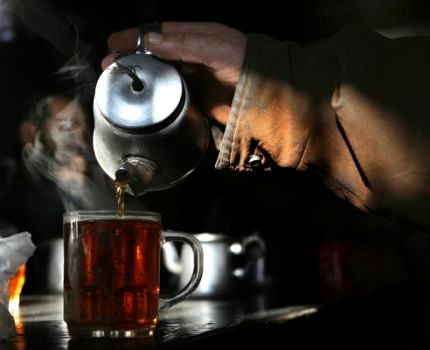
“And now, tell me,” he continued, once Saif had made himself comfortable and given his order. “What brings a gentleman like yourself to this wily merchant’s city?”
Quickly, Prince Saif related to his new friend the objective of his journey: to reach the mythical land of Paristan (which, according to legend, lay somewhere in these parts), and recover his beloved Fairy Queen and true wife, Badr Jamal.
“Paristan? My dear lad!”, the old man let out a bemused chortle. “You know the reason why they call it a ‘mythical’ land? Because Paristan has no physical existence! You will not find it on any map, you will not see any signboards pointing out the way, no gates or city walls to saunter through. On the whole, it is entirely impossible for you to reach there in your present state.”
Seeing Prince Saif’s face fall in despair at this rude reality check, the old man hurried to add. “Oh, but don’t look so glum! The good news is that I can help you. Or, at least I have some things that could help you…” He started rummaging through the coarse jute sack he carried, and duly produced a tattered woolen cloak, and a short wooden staff. Saif was overcome by déjà vu.
“I’m sorry, sir,” he interrupted. “But I feel like we’ve met before. Were you ever in Egypt some years back?”
“Nonsense, son! I’ve never set foot outside the city of Peshawar,” the old man hastily brushed aside the question. “Now, listen to me carefully – for although I have not travelled much, I have learnt a great deal in the long journey of my life, from observing and talking to all the people that pass through this city. And what I tell you now may well be the only hope you have of penetrating Paristan and seeing your wife again…”
It was true. Once more, a nameless old buzurg was to be Prince Saif’s savior.
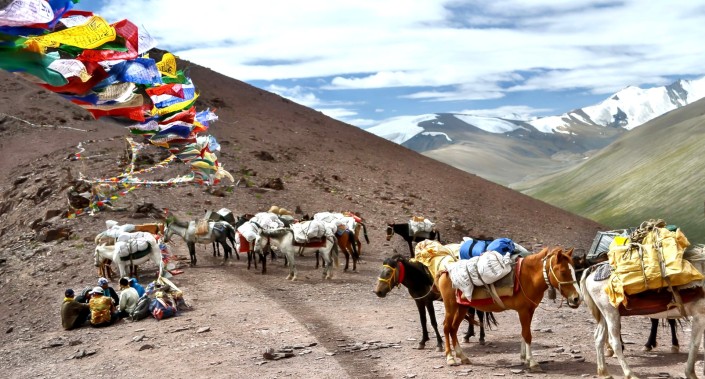
A few hours later, Prince Saif found himself riding with a caravan of merchants towards Tattoo, a small village in the kingdom of Gilgit, perched on the craggy slopes of the magnificent Karakoram mountains. The merchants, heading for China via the Khunjerab Pass, had agreed to drop Saif off at the village in exchange for his horse, a handsome Arabian steed that would fetch a weighty price in the horse fairs of the Mongolian steppe.
Saif parted with the animal with a heavy heart, but he actually had no further use for it. His real destination was 13 miles further off Tattoo, where no horse or mule tracks led; a place called Joot, today famous by its English appellation, Fairy Meadows.
“I have never been to Joot, but I hear tell that it is a most breathtaking place,” the old man at the tea shop had recounted. “They say that a Fairy King of great power established his kingdom there, some 1,000 years ago, in the shadow of that fearsome peak Nanga Parbat, the Naked Mountain.
“Nobody lives in Joot. The locals are wary of venturing there at all because of all the stories; shepherds who went to graze their flocks and never returned; explorers, bandits, naturalists and mystics, attracted to the place by its beauty and its solitude, and never seen again. It is enchanted, they say, the abode of witches and jinns, as perilous as it is beautiful.
“This is where you must go.”
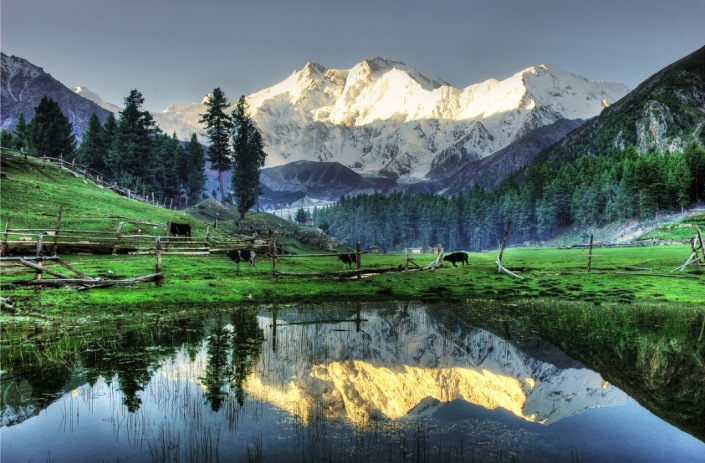
And that is where Saif had arrived, after a grueling uphill hike from Tattoo, following the old man’s directions to the letter. He stood in the middle of a vast green meadow, facing the awesome, ice-covered Nanga Parbat. Dusk was approaching, and there was not a soul in sight. All was silent, except for the gentle hum of the evening breeze amongst the pines.
Saif pulled out from his satchel the tattered woolen cloak. “Once you don this cloak,” the old man had explained, “everything around you that is made from the hands of men, will dissolve from view. Buildings, roads, entire cities, will simply vanish.
“And everything that was hitherto unseen – the realm of jinns and fairies, and all other manner of supernatural creatures – will suddenly come to light, as real, as tangible, as indubitable as that tea cup you hold in your hands.”
As for the wooden staff, the old man had said he had bought it from a wandering Jewish mendicant, who claimed that the staff contained a tiny fragment of the miraculous staff of Moses. Placed in the right hands, it had the power to unlock or open any kind of barrier – gates, doors, chains – both magical and mundane.
Standing before that gigantic mountain in the grassy fields of Joot, the very location of Paristan, all that was left for Saif to do was throw on the cloak, brandish the staff, and smash his way into the Fairy King’s palace to recover his bride.
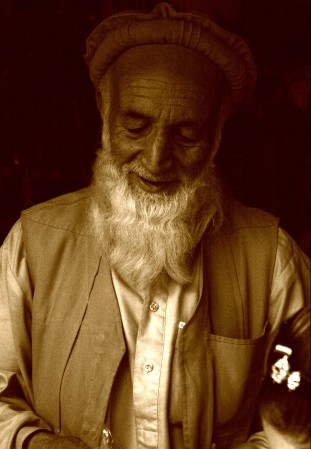
But Saif hesitated. What if all of this was a lie? What if the old man had tricked him? And now, there he was, alone in that desolate spot with no food, no shelter, no money, not even his horse to help him retrace his steps and make the long journey home…
By this time it was almost completely dark, and a silver slipper of a moon had begun to glimmer above the jagged peaks of the Karakoram.
“Well, I don’t really have another plan, so I might as well give this a shot,” Saif thought. So, taking a deep breath, he grasped the wooden staff and wrapped the woolen cloak tightly around him….
The things that happened henceforth are better left imagined. For sometimes there are sights so wondrous, events so singular that they defy description.
Let’s just say that the old man in the tea shop had known what he was talking about!
Read Part VII, the final instalment of the story
“How to Make Friends in a New City” – Published on BootsnAll!
Dear readers,
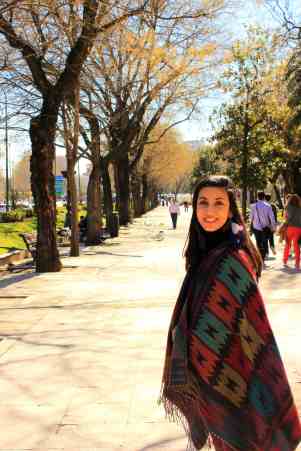
My recent series of blogposts, recounting my (mis)adventures as a fresh-off-the-boat expat in the splendid Spanish capital of Madrid, was published today as a feature article on BootsnAll, the largest and most popular online resource for independent travelers! Of course, I’m muy excited about it, and would love for you to read and share the article with your friends!
How to Make Friends in a Foreign City – Essential Tips from a Nueva Madrileña
And thanks as always for your patience with my protracted disappearances. I’ve been up to many things, and I’ll recount them to you in due time :)
Abrazos from Madrid,
Manal
Old Lahore
Eid Mubarik, dear readers, from me and my beautiful city of Lahore! Enjoy these photos of Old Lahore, taken over the years on trips back home, as the city changes from daytime stateliness to magical after-dark chaos.
Click here to view the complete set of photos on Flickr.
Gandhara Sculpture at the Lahore Museum
This summer, I volunteered at the beautiful Lahore Museum to create a brochure for their Gandhara Buddhist Art collection. The Gandhara Gallery, one of the Museum’s most spectacular, draws thousands of local and foreign visitors every year, yet there was no visitor-friendly literature about it that could be used for educational purposes, or as an informative souvenir.





Click here to view the complete gallery of my Gandhara Sculpture photos on Flickr.
The brochure comprises of 5 double-sided pages, each page 10″ x 5″, with the renowned Fasting Siddhartha on the cover and Visitor Information at the back. I did the photography and text as well as brochure design. For the Lahoris, hopefully you’ll be able to get a nice, glossy hard copy of the brochure at the Museum soon!


Thoughts on Leaving Pakistan
Published in the The Friday Times Blog, October 10th 2013
The last time I put thoughts to paper was a year and a half ago, when Z and I moved back to Pakistan from the U.S. It happened very suddenly, under very sad circumstances, and there we were – thrust into a disorienting new life, filling roles we had never anticipated, never wanted, inhabiting, once again, the cloistered, uninspiring world of Lahore’s privileged class.
Much elapsed during the past 18 months in Lahore – much to rejoice and remember. Engagements, bridal showers, weddings. Baby showers, and babies! Farewell parties and welcome-back parties, birthday parties and Pictionary parties.
PTI fever, elections, and Pakistan’s first peaceful political transition. Cliff-diving in Khanpur under a shower of shooting stars, dancing arm-and-arm with Kalash women as spring blossomed in the Hindukush, tracking brown bears and chasing golden marmots in the unearthly plains of Deosai.

I rediscovered my love of history, of abandoned old places that teemed with a thousand stories and ghosts and memories, thanks to a research job at LUMS. I spent many days wandering the cool corridors of Lahore Museum, many hours contemplating the uncanny beauty of the Fasting Siddhartha, whom I had the privilege of photographing up-close. I stood beneath the most prodigious tree in the world in Harappa. I got down on my knees with a shovel and brush during a student archaeological excavation in Taxila, personally recovering the 2, 000-year old terracotta bowl of a Gandhara Buddhist monk.

But, there was also dissatisfaction. Frustration. Restlessness. When we were not travelling, we were in Lahore. And Lahore was, well, warm. Convenient. Static. Living there again was like a replay of our childhood; like watching a favourite old movie on repeat. After a while it got monotonous, somewhat annoying, and a little disappointing.
In Lahore, I could see what the trajectory of my life would be, the next 10 years down. It was all planned out, neatly copied from upper-class society’s handbook, with but minor divergences here and there.
It wasn’t a bad plan. In fact, it was a perfectly good, even cushy plan, one that would have made a lot of people quite happy.
Not me.
There were other things, too, about Lahore, and about Pakistan, things that had bothered me growing up but now seemed magnified to alarming proportions – the incomprehensible extremes of wealth and want, the insurmountable divisiveness of class, and, most worrying of all, the overwhelming self-righteousness and religiosity.
You could not escape it. Everywhere, from TV talk shows to political rallies, drawing rooms to doctors’ clinics, there was a national fixation with religion. Everybody, it seemed, was desperate to convince others – and themselves – of their absolute piety, their A+ scorecard-of-duties-towards-God, their superficial Muslim-ness. Instead of the genuine, unselfconscious goodness that shines through truly spiritual people, in Pakistanis I just saw fear. Religion for them wasn’t about peace, and love, and knowledge. Religion was base. Religion was social security. Religion was a tool of power.
I wanted to say to these superficial Muslims, to all Pakistanis: Just look at the state of our country. Do you really believe that religion has helped us? Has it at any level, be it individual, societal or state, improved the country? Has it alleviated poverty, reduced rape and murder, mitigated corruption?
Have we as a nation achieved anything positive, anything progressive, in the suffocating garb of “religion”?
No. On the contrary, we, as a nation, have become more intolerant, more oppressive, more barbaric, as our outward religious zeal reaches new heights.
And we still do not realize it. The Matric-fail maulvi at the local mosque still preaches that a woman wearing jeans in public is jahannumi, Hell-bound , the TV reporter interviewing an old peasant who has lost his home in a flood wants to know if he kept his Ramzaan fasts, and that educated, apparently “modern” aunty you met at a family dinner launches into a sermon that the reason Pakistan is beset with crises is because we don’t pray enough.
That was the most terrifying thing I found about Lahore, and about Pakistan. It had become a place where no other framework for discussion about the future of the country, about anything at all, was possible. We were mired in religion. We were stuck. We were deeply and hopelessly stuck.
As for the people who thought differently, the elite and “enlightened” class that I belonged to, they responded to the onslaught by retreating further and further into their elite Matrix – a sequestered, protected world where they met up with friends over Mocha Cappuccinos at trendy New York-style cafes, where they shopped for designer Italian handbags in centrally air-conditioned shopping malls, where their children spoke English with American accents and dressed up for Halloween, where alcohol flowed at raucous dance parties behind the gates of a sprawling farmhouse.
It was a parallel universe, where we all lived free, modern lives, like citizens of a free, modern country, utterly disconnected from the “other” Pakistan, the bigger Pakistan, and for all intents and purposes, the “real” Pakistan. Yet perhaps it was our only survival, the only way to keep sane and creative and happy for those of us who chose to live in our native country.
But I could not reconcile myself with it. I found it schizophrenic. Perhaps living abroad had changed me too much. I could not find balance, I could not find peace in Lahore.
So when Z applied to and got selected for a European Union PhD scholarship based in Madrid, Spain, I was thrilled – and a little relieved. Was I looking for an escape? Maybe. Was that the only solution? I don’t know.
When we left Lahore, on that eerie twilight flight in August, our lives packed into just one suitcase and backpack each, it was bittersweet. I was sad to say goodbye to loved ones, to friends and family whom I had spent such wonderful moments with in the past year and a half. I would miss being a part of their lives. And I would miss the incomparable natural beauty of Pakistan – beauty and heritage that is disappearing day by day due to neglect and ignorance.
Yet, I knew that I had to go. I knew that staying in Lahore – “settling for” Lahore – buying joras from Khaadi, attending tea parties, managing servants, the odd freelancing or part-time job at LUMS, was not going to make me happy. And we could not depend on the love of family and friends to sustain us forever. At the end of the day, everybody had their own lives to lead, their own paths to carve, their own hearts to follow.
And that is how we ended up in Madrid.
Sitting here in our apartment, a cozy, parquet-floored 1-bedroom affair, I can hear the babble of excited young voices below the window, a medley of idioms and accents; the clink of glasses and clatter of dishes from neighbouring restaurants; the smoky strumming of a flamenco guitar, the wheezy chorus of an accordion; the cries of Nigerian hawkers and Bengali street-peddlers, and the low hum of the occasional taxi cab, rolling along the cobbled streets of this lively old pedestrian barrio of the Spanish capital.
A new city, new adventures, new memories.

The Legend of Saif-ul-Malook Part VI
Lake Saif-ul-Malook, situated at a height 10, 600 feet at the northern tip of the Kaghan Valley in Pakistan’s Himalayas, is one of the most beautiful places on earth. I have been there twice, the first time as a 12-year old and then in 2009, when I determined to capture some of its magic on camera and on paper, in the words of two local storytellers who relate the legend of the Lake to visitors.
It is the story of a prince and a fairy, Saif-ul-Malook and Badr-ul-Jamal – a story of love, adventure, faith, magic, suffering and betrayal – a story of the multitude of human passions.
Many different versions exist, but below is a reproduction of what the storytellers told us, with ample writer’s liberties. I hope you enjoy it!
Read Part I, Part II, Part III, Part IV & Part V of the story
Now, you may wonder, what was Prince Saif up to at the moment Badr Jamal made her escape from the Palace in the shape of a white dove?

In fact, he was resting beneath the shade of an ebony tree deep in the woodlands of Nubia, after a fruitful but exhausting deer hunt. Eyes half-closed, stretched out on the soft green grass, he was thinking sweet thoughts about his beloved Fairy Queen, when a little white dove came and alighted on a branch above him.
It seemed to Saif that she was the prettiest dove he had ever seen – even though he didn’t consider himself a “bird person” – and he was suddenly possessed by a desire to capture her. “She’d make a nice little pet for my beautiful Badr,” he mused. So, he quietly got to his feet, picked up a net that lay amongst his hunting paraphernalia, and swiftly flung it over the bird.
But the net, as if repelled by an invisible force, bounced straight back at him, while the dove sat merrily on her perch untouched. Saif tried a second time to ensnare the bird, then a third, with the same perplexing result.
Then – and Saif could hardly believe his eyes or his ears, though he had witnessed his fair share of fantastic events – the dove turned her soft white head towards the Prince and spoke to him, in voice he could recognize among millions:
“Your attempts to capture me are in vain, Prince Saif. You can never own me. You can never possess me.”
It was Badr Jamal, of course.
“The only way to convince me of your love,” the bird continued, “the only way you will truly earn my love, is if you follow me to Paristan, my homeland. If you succeed in this, if you are able to brave the journey and seek me out in my father’s palace, among my own kind, I promise I will come back with you, as your wife and partner in life. And I will never leave your side till as long as you live.”
With these words, Badr Jamal fluttered her snowy white wings and was off, leaving Saif in a state of utter discombobulation.
On his return to Egypt, one look at his mother’s swollen red eyes and the funereal aspect of the Palace confirmed Saif’s worst suspicions – Badr Jamal, his beloved, the person he cherished more than anything else in the world, the person whom he had struggled to possess for six long, arduous years, was gone.
Saif didn’t want to hear anything. What had happened in his absence? Why? When? How? All that was irrelevant now. He knew what he had to do.
“Mother, please tell one of the servants to saddle up a good, strong horse and prepare me a travel bag, with enough provisions to last about a month. I’m leaving right away.”
“But, Saif!” his mother pleaded. “Don’t you see? Badr Jamal doesn’t want to be here! Let her go, Saif. She is happier with her own kind. Please, just forget about her! There is no dearth of beautiful ladies here in Egypt. Think, Saif, destiny has afforded you a second chance at a happy, normal life. Don’t gamble it away for an illusion, for a fantasy, my son! Don’t you let this madness get the better of you!”
However, as before, the Queen Mother’s weeping, wailing and emotional threats had no effect on Prince Saif’s resolve. He was an obstinate fellow, and he truly did love Badr. Just as he had found his way to the magical lake in Kaghan Valley, just as he had completed the 40-day penitence, the chilla, and escaped from the Ogre and the Flood with Badr in his arms, so he would bring her back from the deepest, darkest dungeons of Paristan if he had to.
“I’m sorry, Mother,” he embraced the Queen one final time before mounting his ride. “But I can’t give up without even trying.” Kicking the horse into a gallop, Prince Saif rode away from the Palace a second time, without looking back.

Now, Prince Saif didn’t really know where Paristan was, or whether it even existed. Legends placed the kingdom of the fairies “east of Egypt”, somewhere on the mountainous border of Persia and India – and the directions stopped there.
So, he travelled east for several months, crossing Sinai, the fabled rivers Tigris and Euphrates of Mesopotamia, the Great Salt Desert of Persia, the Snowy Mountains of Afghanistan, stopping time to time at some shepherd’s hut or sarai, a highway inn, to rest and refresh his supplies.
Many times he cursed himself for forgetting to carry his Sulemani topi, the magic cap bequeathed to him by the old buzurg during his first quest, which had the power to transport its wearer to any place on earth in the twinkling of an eye.
“I suppose I’m not allowed any shortcuts this time,” he grumbled.
At length, Saif reached Peshawar, or Purushapura, as it was known then, the bustling western capital of the Kushan Empire, gateway to the Indian subcontinent. Merchants from all corners of the Silk Route thronged its narrow streets, hawking their varied wares in loud voices – silk, cashmere, cotton, spices, dry fruit, wine, carpets, woodwork, decorative objects of marble, ivory and jade, gemstones, weapons, secrets and stories – there was nothing you could not find in the legendary markets of Purushapura.

Meandering through the bazaar while his horse rested in the city’s stables, Prince Saif stopped at a chai khana, a tea shop, for a cup of the traditional Peshawari kahwa, hot green tea sweetened with honey or sugar and spiced with cardamom. Looking around the crowded little shop for a place to sit, he spotted an empty stool next to an old man with a flowing white beard, who sat calmly sipping his tea and fingering a rosary.
Prince Saif walked up to the old man, saluted him with a respectful bow, and said, “Venerable sir, would you be so kind as to allow this weary traveller to seat himself beside you?”
The old man looked up at Saif. Their eyes met, and Saif had the sensation that he knew him from somewhere before; that this was not a chance encounter. “My son!” the old man smiled, eyes crinkling at the corners. “Please, it would be my honor.

“And now, tell me,” he continued, once Saif had made himself comfortable and given his order. “What brings a gentleman like yourself to this wily merchant’s city?”
Quickly, Prince Saif related to his new friend the objective of his journey: to reach the mythical land of Paristan (which, according to legend, lay somewhere in these parts), and recover his beloved Fairy Queen and true wife, Badr Jamal.
“Paristan? My dear lad!”, the old man let out a bemused chortle. “You know the reason why they call it a ‘mythical’ land? Because Paristan has no physical existence! You will not find it on any map, you will not see any signboards pointing out the way, no gates or city walls to saunter through. On the whole, it is entirely impossible for you to reach there in your present state.”
Seeing Prince Saif’s face fall in despair at this rude reality check, the old man hurried to add. “Oh, but don’t look so glum! The good news is that I can help you. Or, at least I have some things that could help you…” He started rummaging through the coarse jute sack he carried, and duly produced a tattered woolen cloak, and a short wooden staff. Saif was overcome by déjà vu.
“I’m sorry, sir,” he interrupted. “But I feel like we’ve met before. Were you ever in Egypt some years back?”
“Nonsense, son! I’ve never set foot outside the city of Peshawar,” the old man hastily brushed aside the question. “Now, listen to me carefully – for although I have not travelled much, I have learnt a great deal in the long journey of my life, from observing and talking to all the people that pass through this city. And what I tell you now may well be the only hope you have of penetrating Paristan and seeing your wife again…”
It was true. Once more, a nameless old buzurg was to be Prince Saif’s savior.

A few hours later, Prince Saif found himself riding with a caravan of merchants towards Tattoo, a small village in the kingdom of Gilgit, perched on the craggy slopes of the magnificent Karakoram mountains. The merchants, heading for China via the Khunjerab Pass, had agreed to drop Saif off at the village in exchange for his horse, a handsome Arabian steed that would fetch a weighty price in the horse fairs of the Mongolian steppe.
Saif parted with the animal with a heavy heart, but he actually had no further use for it. His real destination was 20 kilometers further off Tattoo, where no horse or mule tracks led; a place called Joot, today famous by its English appellation, Fairy Meadows.
“I have never been to Joot, but I hear tell that it is a most breathtaking place,” the old man at the tea shop had recounted. “They say that a Fairy King of great power established his kingdom there, some 1,000 years ago, in the shadow of that fearsome peak Nanga Parbat, the Naked Mountain.
“Nobody lives in Joot. The locals are wary of venturing there at all because of all the stories; shepherds who went to graze their flocks and never returned; explorers, bandits, naturalists and mystics, attracted to the place by its beauty and its solitude, and never seen again. It is enchanted, they say, the abode of witches and jinns, as perilous as it is beautiful.
“This is where you must go.”

And that is where Saif had arrived, after a grueling uphill hike from Tattoo, following the old man’s directions to the letter. He stood in the middle of a vast green meadow, facing the awesome, ice-covered Nanga Parbat. Dusk was approaching, and there was not a soul in sight. All was silent, except for the gentle hum of the evening breeze amongst the pines.
Saif pulled out from his satchel the tattered woolen cloak. “Once you don this cloak,” the old man had explained, “everything around you that is made from the hands of men, will dissolve from view. Buildings, roads, entire cities, will simply vanish.
“And everything that was hitherto unseen – the realm of jinns and fairies, and all other manner of supernatural creatures – will suddenly come to light, as real, as tangible, as indubitable as that tea cup you hold in your hands.”
As for the wooden staff, the old man had said he had bought it from a wandering Jewish mendicant, who claimed that the staff contained a tiny fragment of the miraculous staff of Moses. Placed in the right hands, it had the power to unlock or open any kind of barrier – gates, doors, chains – both magical and mundane.
Standing before that gigantic mountain in the grassy fields of Joot, the very location of Paristan, all that was left for Saif to do was throw on the cloak, brandish the staff, and smash his way into the Fairy King’s palace to recover his bride.

But Saif hesitated. What if all of this was a lie? What if the old man had tricked him? And now, there he was, alone in that desolate spot with no food, no shelter, no money, not even his horse to help him retrace his steps and make the long journey home…
By this time it was almost completely dark, and a silver slipper of a moon had begun to glimmer above the jagged peaks of the Karakoram.
“Well, I don’t really have another plan, so I might as well give this a shot,” Saif thought. So, taking a deep breath, he grasped the wooden staff and wrapped the woolen cloak around him….
The things that happened henceforth are better left imagined. For sometimes there are sights so wondrous, events so singular that they defy description.
Let’s just say that the old man in the tea shop had known what he was talking about!
Read Part VII, the concluding part of the story
